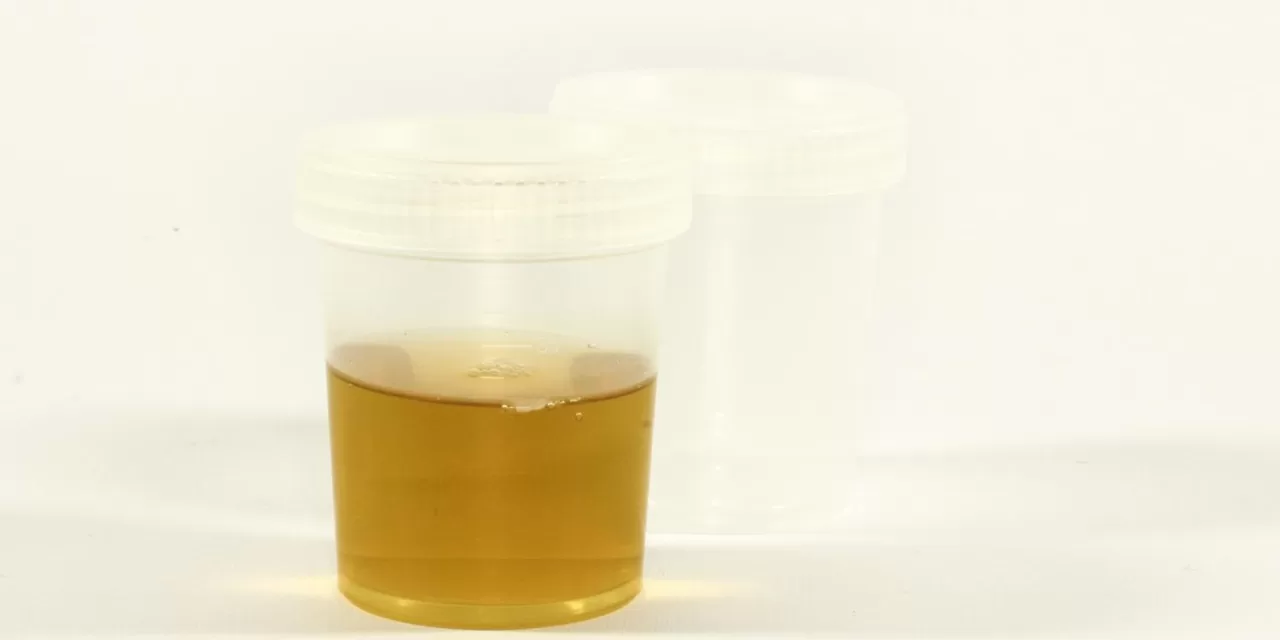NEW DELHI – The practice of drinking urine for health benefits, known as urophagia or urine therapy, is an ancient tradition finding surprising proponents even today, from reality TV stars to athletes and even former political leaders. However, despite anecdotal claims and historical usage, modern science finds little evidence to support its benefits and highlights significant potential risks.
The practice spans millennia and cultures. In Indian Ayurvedic medicine, urine was historically used for conditions ranging from asthma to cancer. Ancient Romans believed its ammonia content could whiten teeth. More recently, former Indian Prime Minister Morarji Desai famously advocated for daily urine consumption, attributing his longevity to it. TV survivalist Bear Grylls has demonstrated drinking urine for survival, and Mexican boxer Juan Manuel Márquez reportedly used it during training.
Proponents, like British naturopath John W. Armstrong who wrote “The Water of Life” in 1945, and modern groups like the China Urine Therapy Association, claim a wide array of benefits. These include curing illnesses, boosting the immune system via recycled antibodies, preventing allergies, cleansing and detoxifying the body, and improving skin conditions like acne due to urea content. Some even point to the presence of the anti-aging hormone DHEA. The core idea often cited is that valuable substances like vitamins, minerals, hormones, and antibodies excreted by the kidneys are “recycled” instead of wasted.
However, scientific scrutiny reveals a different picture. Urine is primarily water (about 95%) combined with waste products filtered out by the kidneys, including urea (from protein breakdown) and creatinine (from muscle processes), along with salts and toxins. While trace amounts of vitamins or hormones might be present if the body has an excess, experts argue these levels are generally too low to offer significant benefit, suggesting supplements would be more effective and reliable.
Furthermore, the claim that urine is sterile is inaccurate. Research shows urine naturally contains low levels of bacteria, and contamination can occur as it exits the body. Drinking it introduces these bacteria and potential toxins into the digestive system, risking infections.
Perhaps more critically, drinking urine can be counterproductive and harmful. The kidneys work to remove excess salts and waste; re-ingesting them forces the kidneys to work harder to filter them out again, potentially causing strain. Like drinking seawater, consuming urine can actually worsen dehydration because the body needs more water to process the concentrated salts than is gained from the urine itself. Additionally, metabolites of medications, including antibiotics or heart drugs, are excreted in urine. Re-ingesting them could lead to a dangerous buildup of these substances in the body.
While historically, urine therapy might have been considered in the absence of other medical options, today’s medical community does not endorse the practice due to the overwhelming lack of scientific evidence supporting its benefits and the clear potential for harm. Small, incidental amounts are unlikely to cause serious issues, but regular consumption carries risks.
For individuals seeking health improvements, experts strongly recommend pursuing treatments and therapies backed by robust scientific evidence rather than relying on ancient practices with unproven benefits and known dangers.
Disclaimer: This article is intended for informational purposes only and does not constitute medical advice. The practice of urine therapy is not endorsed by mainstream medical professionals due to lack of scientific evidence and potential health risks. Always consult with a qualified healthcare provider for any health concerns or before making any decisions related to your health or treatment.












